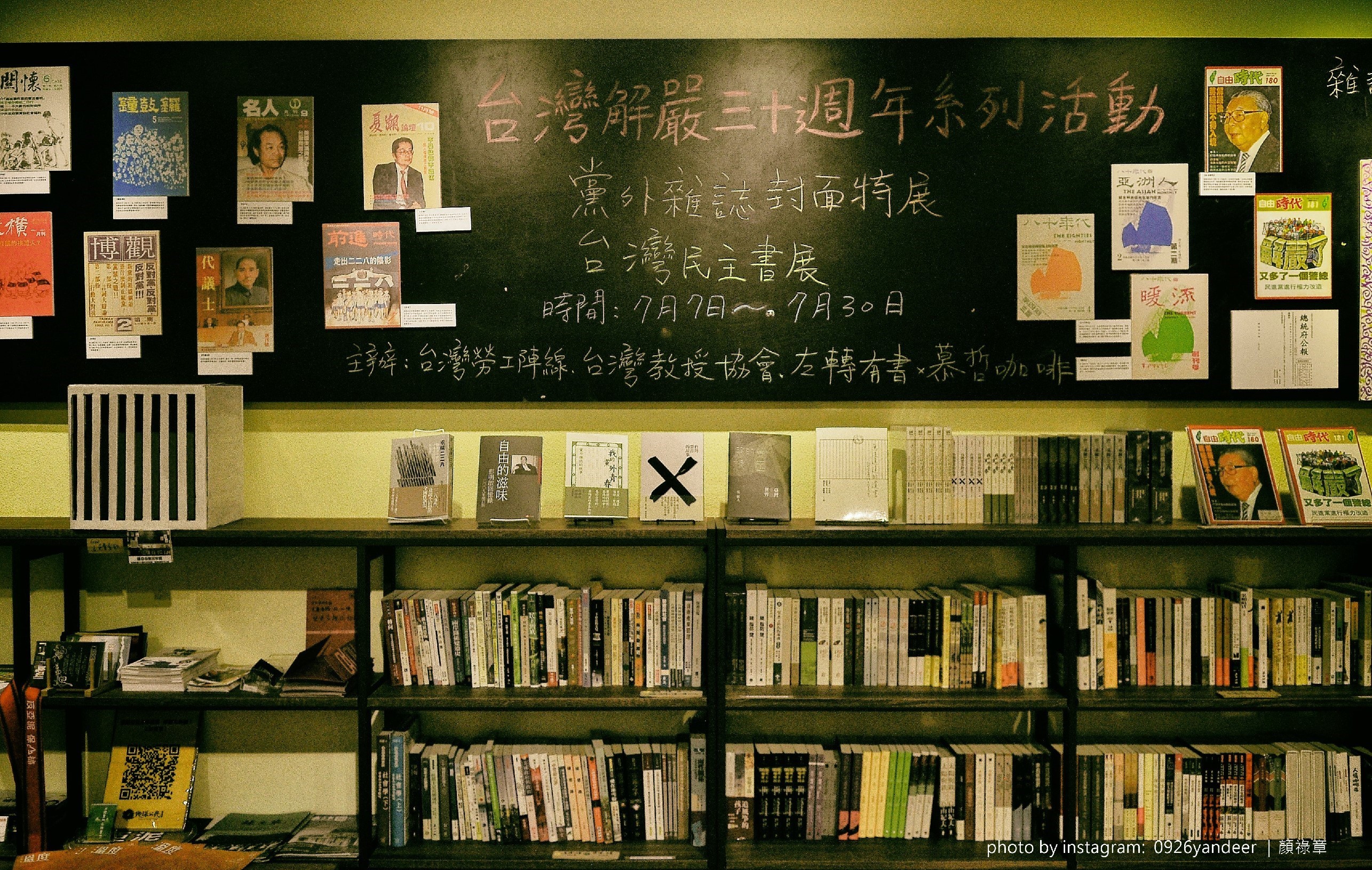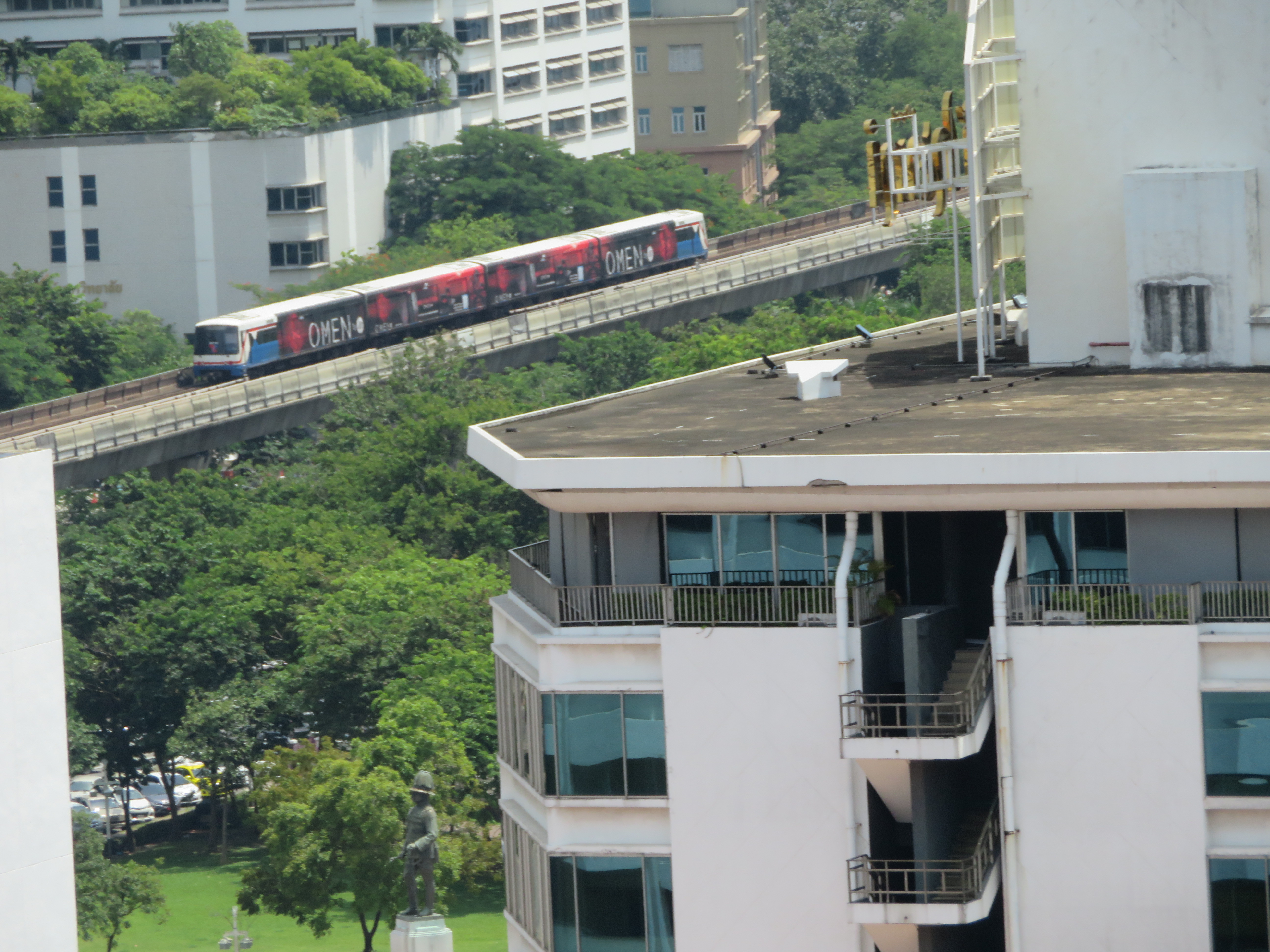
TAIPEI, Taiwan—The parliament here erupted in violence a couple of weeks ago. Legislators for the two main parties tussled; grabbed at each other's throats, and swung their fists; one lawmaker picked up a chair looking like he was going to hurl it over a table at his adversaries, though he thought better of it and put it down.
The brawl was unseemly, but at least it demonstrated that, contrary to what the rest of the world might think, there are other issues of passionate concern in Taiwan besides the existential threat it faces from China, the behemoth on the other side of the Taiwan Strait, which sees the self-governing island as its territory.
In this instance, the fisticuffs (though no one was seriously hurt) were provoked by a proposed government infrastructure spending program, with the opposition party, the Kuomintang, believing that it is both too expensive and that it's a way of using public funds to buy political support for the ruling Democratic Progressive Party.
In other words, it was the kind of quarrel that could take place in any other democratic country, but Taiwan is not any other democratic country, and the looming presence of China and its demands somehow always intrude. It turns out that one of the participants in the brawl was a pro-KMT Taiwanese student named Han who threw a water balloon at a DPP legislator. Han was once a student on Mainland China, and that, for some on Taiwan, made his role in the parliamentary fight a cause for worry about China's undue influence.
"Some people might dismiss the case as trivial and consider it an isolated incident," ran an editorial in the pro-government Taipei Times, but "it should not be taken lightly." Instead, the editorial said, it should be seen as a likely, if unproven instance, whereby Beijing is using its connections with Taiwan to stir up trouble.
The larger concern is China's efforts to influence public opinion on Taiwan, which is generally, and by a substantial margin, against China's incessant and unchanging demand—that there is but one China and Taiwan is a part of it. China is furious that in the last presidential election, held in January 2016, Taiwan elected the DPP candidate, Tsai Ing-wen, who has declined explicitly to endorse Beijing's position.
As a result, China has cut off the usual official ties between the two sides even as it has stepped up its efforts to lure Taiwan students to attend schools and camps on the Mainland, in part by awarding scholarships and admitting students at lower standards than Mainland students. The water balloon thrower, the paper reported, got a scholarship at a Mainland university, and, according to the Taipei Times, all Taiwan students who receive scholarship help on the Mainland must express agreement with the one-China idea.
With about 10,000 students from Taiwan studying in China, the paper warned, a certain "vigilance" is required, "because as long as Beijing holds to its ambition to annex Taiwan, it will never cease its clandestine tricks to politicize any cross-straits exchange otherwise deemed harmless."
If nothing else, the paper's concern shows how suspicions of China's intentions run among some on Taiwan. The editorial is reminiscent of gigantic demonstrations that took place on the island in 2014 over worries that ever closer economic ties across the Straits were giving China too much influence on Taiwan.
Of course, it's possible that the incident of the water-balloon-throwing student was indeed trivial, and that it had absolutely nothing to do with any effort by Beijing to turn Taiwanese students against their government. After all, some KMT assemblymen were pushing, raising chairs, and flailing with their fists during the televised melee, and they were not scholarship students on Mainland China. The Taipei Times offered no proof that Han was motivated by anything other than a passionate disagreement with the infrastructure plan.
But it is certainly true that China is relentless in its efforts to influence Taiwan's public opinion in favor of reunification. It does this by trying to isolate Taiwan internationally and also through what the Chinese Communist Party has long called "United Front work," people-to-people contacts with targeted Taiwan groups. China's policy in this regard has produced a slogan—san-jung-i-qing, three middles and youth—by which Beijing identifies the groups that it has especially targeted for its "United Front" work. The "three middles" are people who live in the south of Taiwan, low- and middle-income people, and young people, groups that generally supported Tsai.
There are also plenty of press reports, citing Taiwan officials, that the Mainland has also stepped up espionage on Taiwan. For the first time ever in March 2017, a Mainland student was arrested on charges of spying and is being detained while his case is investigated.
"China has a two-fold strategy," an official in the southern city of Tainan told me, expressing a widely held view, "To isolate Taiwan from the outside and to divide Taiwan from within."
A brawl in parliament is exactly the kind of thing the Mainland would like to instigate, since it has the desirable effect, from Beijing's point of view, of further splintering Taiwan. China's propaganda also harps on the notion that multiparty democracies of the sort that exist on Taiwan are inherently unstable, wasteful, and chaotic, all which, from Beijing's standpoint, were demonstrated by the recent parliamentary fracas. There's no proof that Han did what he did because of some indoctrination he was subjected to when he was a student on the Mainland, but the Mainland authorities were no doubt perfectly happy that he threw his balloon.






